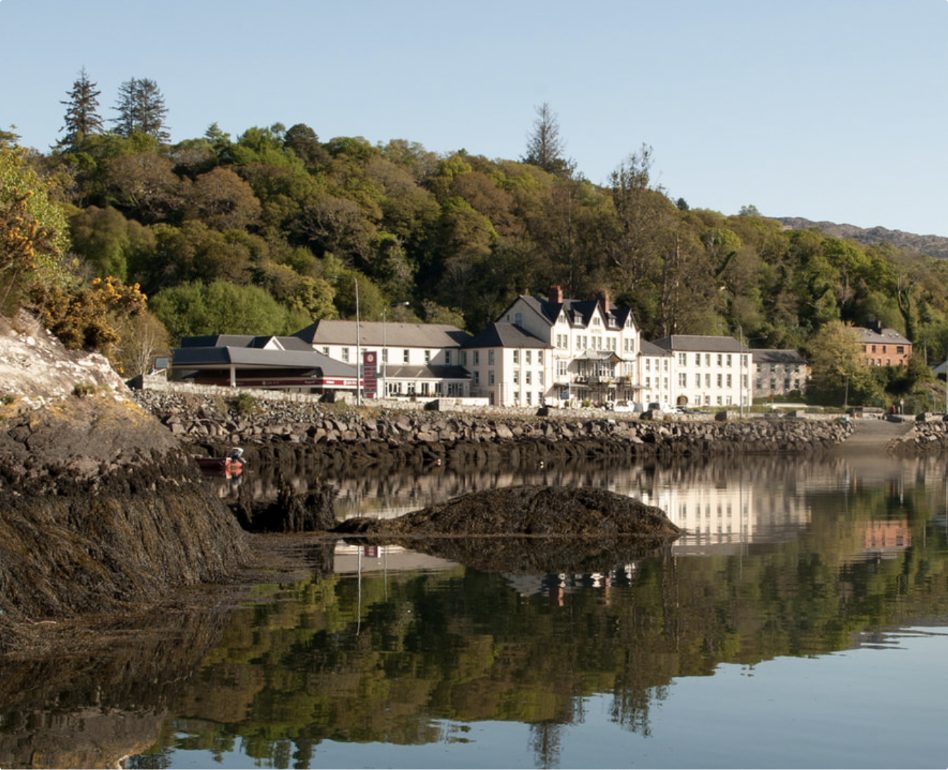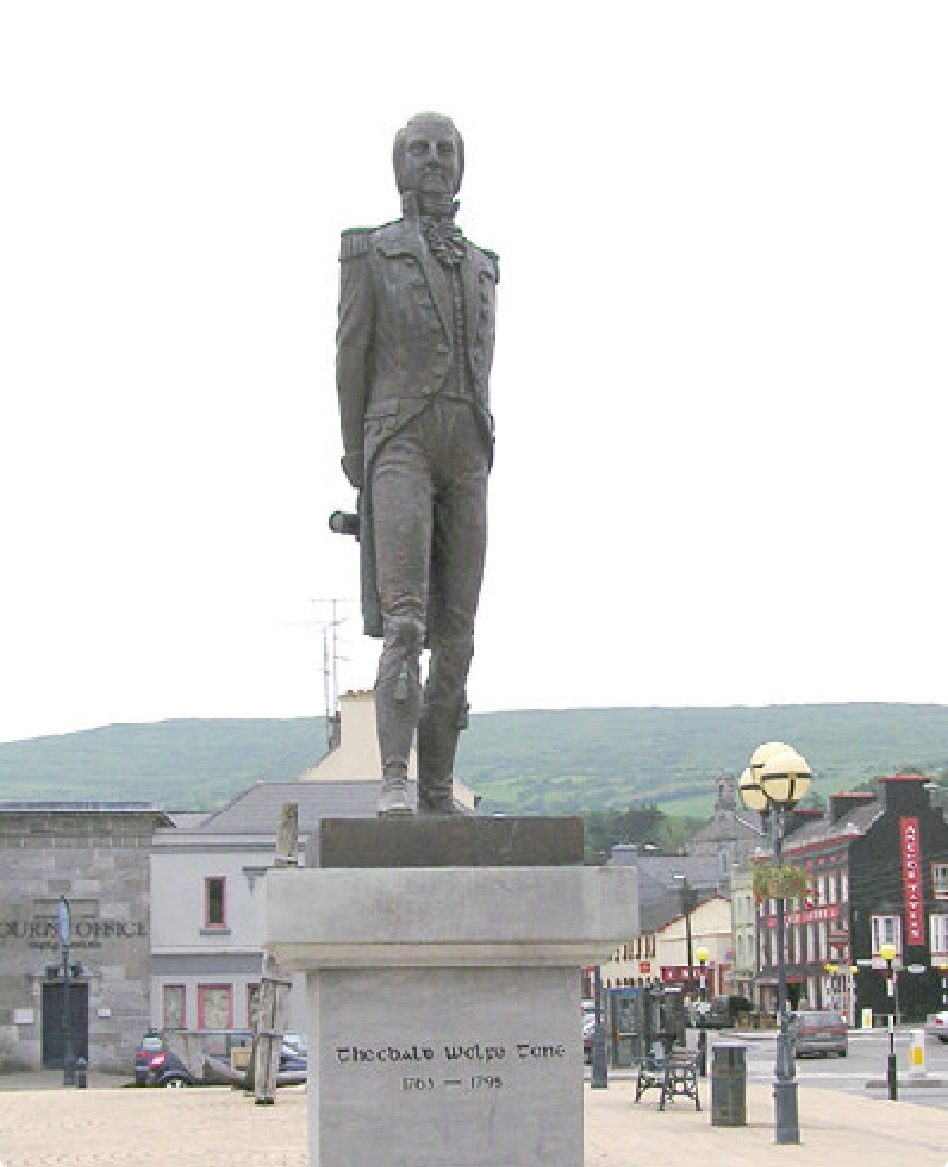About
1798 Irish – French Rebellion
About
16th December 1796
In 1795 Theobald Wolfe Tone, who was born in Dublin and leader of the United Irishmen, fled to France to seek alliance with the people of Ireland to help with the invasion of Ireland. At the time this was an attractive alliance for France and other allies against the English reign as Ireland had the least defensible part of the British Isle and knew if Ireland was detached from English then England would become second rate power, and lose a vast amount of their maritime superiority. Wolfe Tone found an ally in General Lazare Hoche and they planned their invasion. The L’Expédition D’Irlande, had many delays and proved from the beginning to be problematic. After multiple setbacks from their original departure date of September 1796. The fleet of 43-ship fleet, comprising seventeen ships of the line, thirteen frigates, corvettes and transport ships, commanded by Vice-Admiral Morand de Galles, together with 13,975 veteran troops under General Lazare Hoche, Finally set sail from Brest, France on the morning of the 16th December 1796.


About
Wolfe Tone
The gale carried on and made it clear that Wolf Tone’s fleet would not be able to reach Bantry in time and feared the English would reach them before they reached land. The fleet planned a new landing in Sligo. As Wolf Tone and the remainder of his fleet sailed up towards Sligo, they were hit with a hurricane that battered the remaining ships, almost sinking them. It was the 29th December when Wolfe Tone received orders for him and the nine remaining ships to return to Brest. On their voyage back to France one ship ‘L’IMPATIENTE’ sank (This is now wrecked off Crookhaven), but fortunately all 820 men onboard were rescued. Only 35 ships returned to Brest, many badly damaged, with over 1,500 drowned and 2,000 captured. Wolfe Tone was frustrated with the failure of this Voyage. In 1798 the French tried again and landed an expeditionary force on the west coast of Ireland, which also ended in failure. Wolfe Tone was aboard a French ship intercepted by the Royal Navy off the Donegal coast and captured on 3rd November 1798. He was brought to Dublin, found guilty of treason and sentenced to be hanged, cheating the hangman’s noose by cutting his own throat.
Wolfe Tone is remembered as an iconic figure in Irish history and is referred to as the father of Irish republicanism. A statue of Theobald Wolfe Tone was placed looking out on Bantry Bay in 2000. This statue is located on top of the town square which was named after him.
